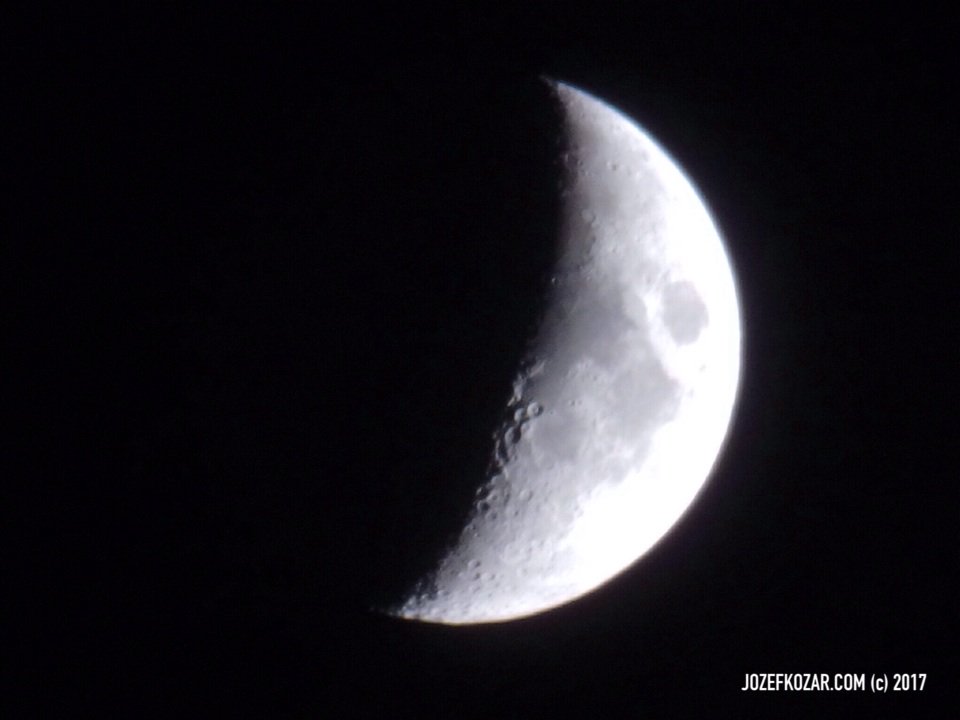What is a real color of Martian sky?
From time to time I read an article and some people are asking me, what is the actual color of the sky on Mars? Is it red, brown, or blue?
Mars is a terrestrial planet, like our Earth. But the composition of its atmosphere, its thickness, and the distance from the Sun are different. All these factors are responsible for the color of the sky which we can see during a day on Mars.
Normal color of the Martian sky is this one:

This look back at a dune that NASA’s Curiosity Mars rover drove across was taken by the rover’s Mast Camera (Mastcam) during the 538th Martian day, or sol, of Curiosity’s work on Mars (Feb. 9, 2014). The rover had driven over the dune three days earlier. For scale, the distance between the parallel wheel tracks is about 9 feet (2.7 meters). The dune is about 3 feet (1 meter) tall in the middle of its span across an opening called “Dingo Gap.” This view is looking eastward. Image credit: NASA.
As we can see in the picture above, the sky on Mars is a dull muddy brown. But this makes the colors on the surface pretty much all the same to human eyes. No matter what kind of rock you are looking at, it will look reddish brown to you. And this can lead to much confusion in geological research. So the pictures are usually white balanced, to make the appearance of the rocks and surface features more different and easier to analyze.
The same picture, but white balanced, as we can see below:

The image above has been white-balanced to show what the Martian surface materials would look like if under the light of Earth’s sky. Image credit: NASA.
Can you see more details now? I am sure that yes, and the same can geologists do.
Below you can see the different versions of the same photo. The left one represents the raw image as it was taken on Mars. The middle one represents the natural colors, like our eyes would see, and the right one represents the colors needed for analysis by geologists.
And one more interesting thing. Let’s start like this – what is the dominant color of the planet Earth as seen from space? Yes, it is blue, and here is the physical explanation: violet and blue light have the shortest wavelengths, and red light has the longest. Therefore, blue light is scattered more than red light and the sky appears blue during the day. When the Sun is low in the sky during sunrise and sunset, the light has to travel further through the Earth’s atmosphere and the colors are slightly different. And here we come to our point of interest. We all know the sunset on Earth. However, the dominant color is no longer blue, but more or less red:

Sunset as we can see it on Earth. Image credit: Jozef Kozar.
But what is it like on Mars when the Martian sky is reddish to brown during the day? Exactly here the trick is the opposite. The sunset on Mars is exactly what you might not expect:

Image credit: NASA/JPL-Caltech, J.Kozar.
Martian sunsets usually stand out for their distinctive blue color. Fine dust in the atmosphere allows blue light to penetrate the atmosphere more efficiently than colors with longer wavelengths.
Mars can surprise even with little things, what do you think?
~Jozef
Tip:
[SK] Slovenskú verziu tohto článku nájdete na tejto adrese.
[EN] This article you can find also in the Slovak newspaper SME.
[SK] Tento článok nájdete aj v blogovej sekcii slovenských novín SME.
Image sources and credits: NASA/JPL-Caltech/MSSS.












